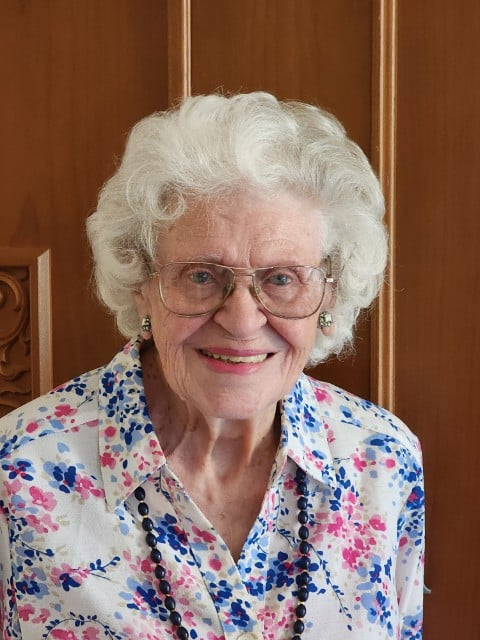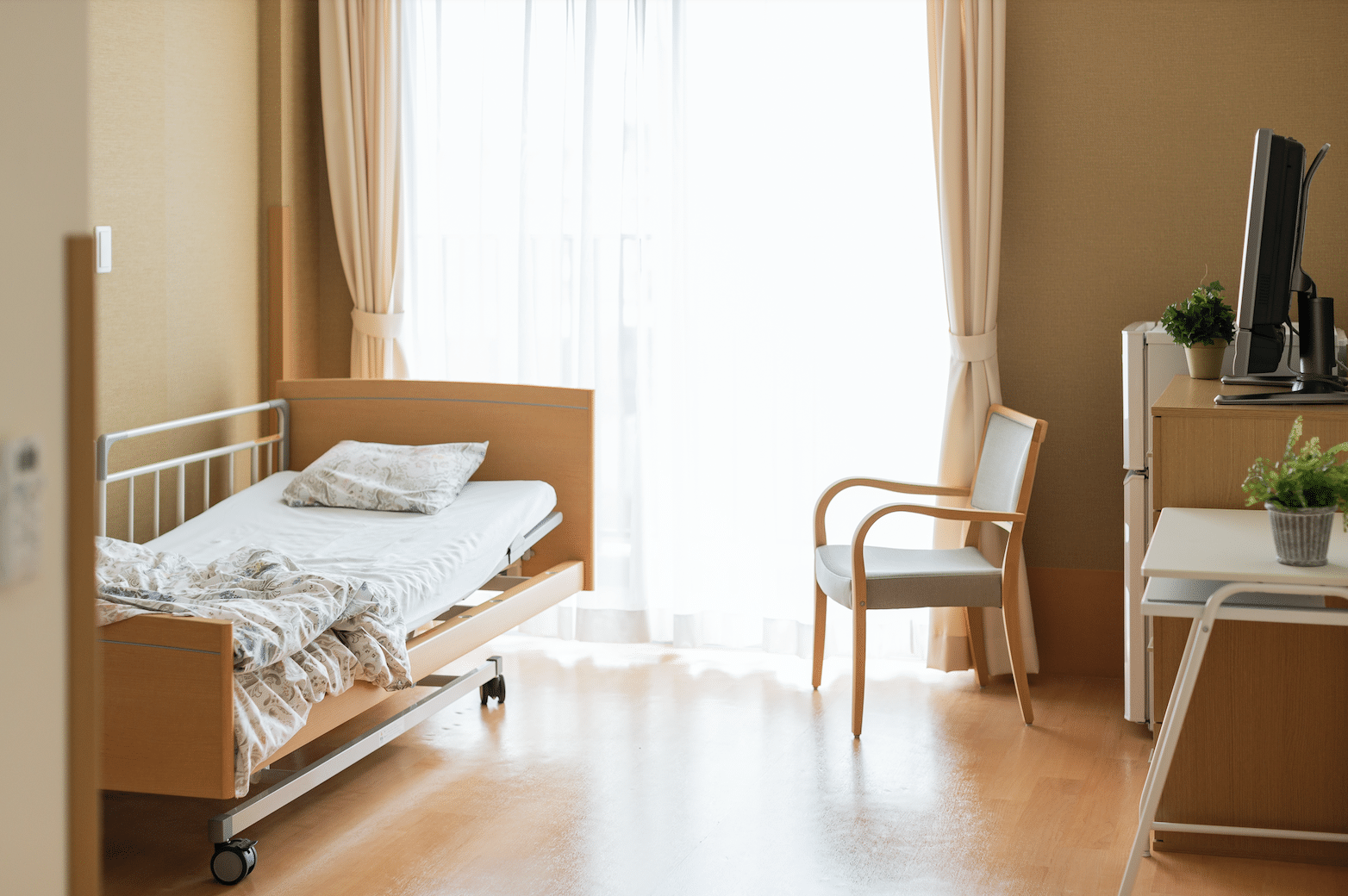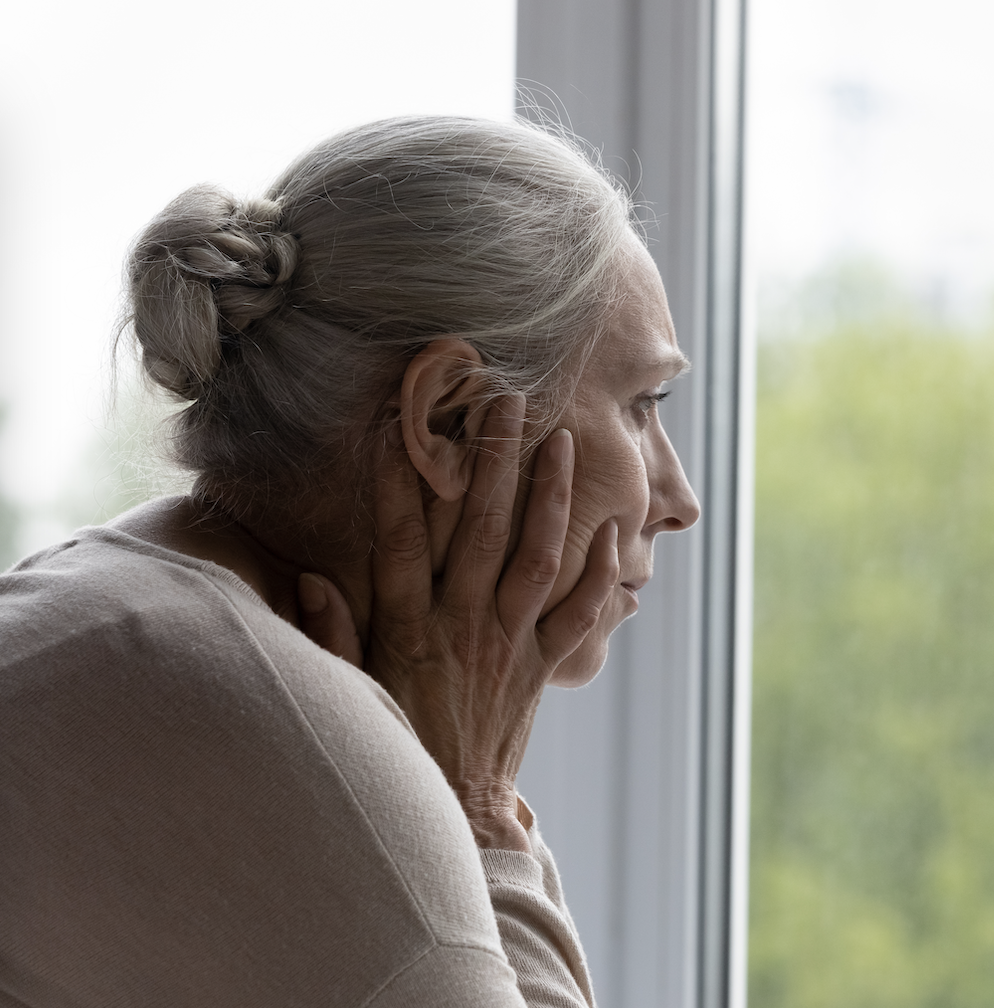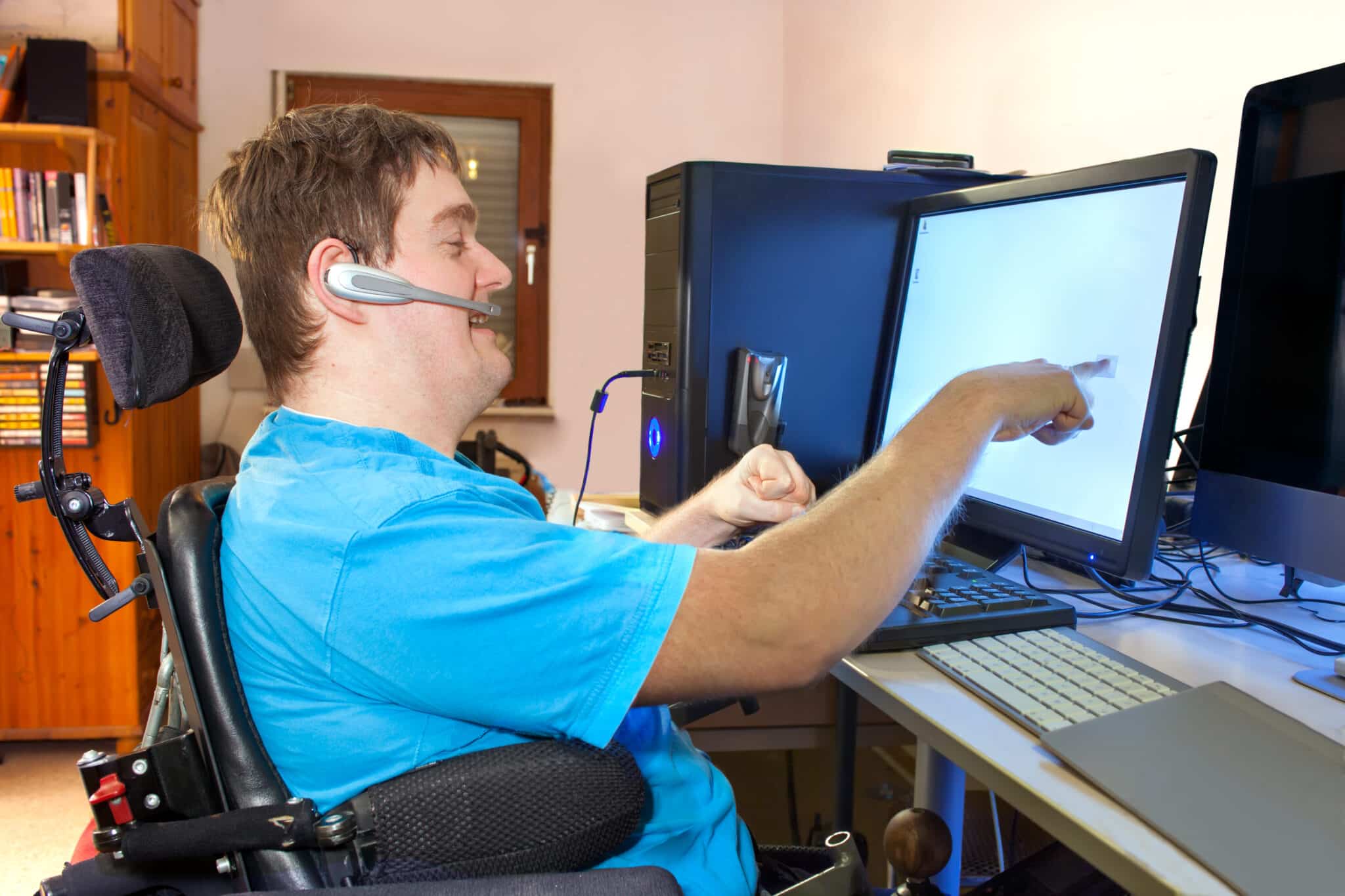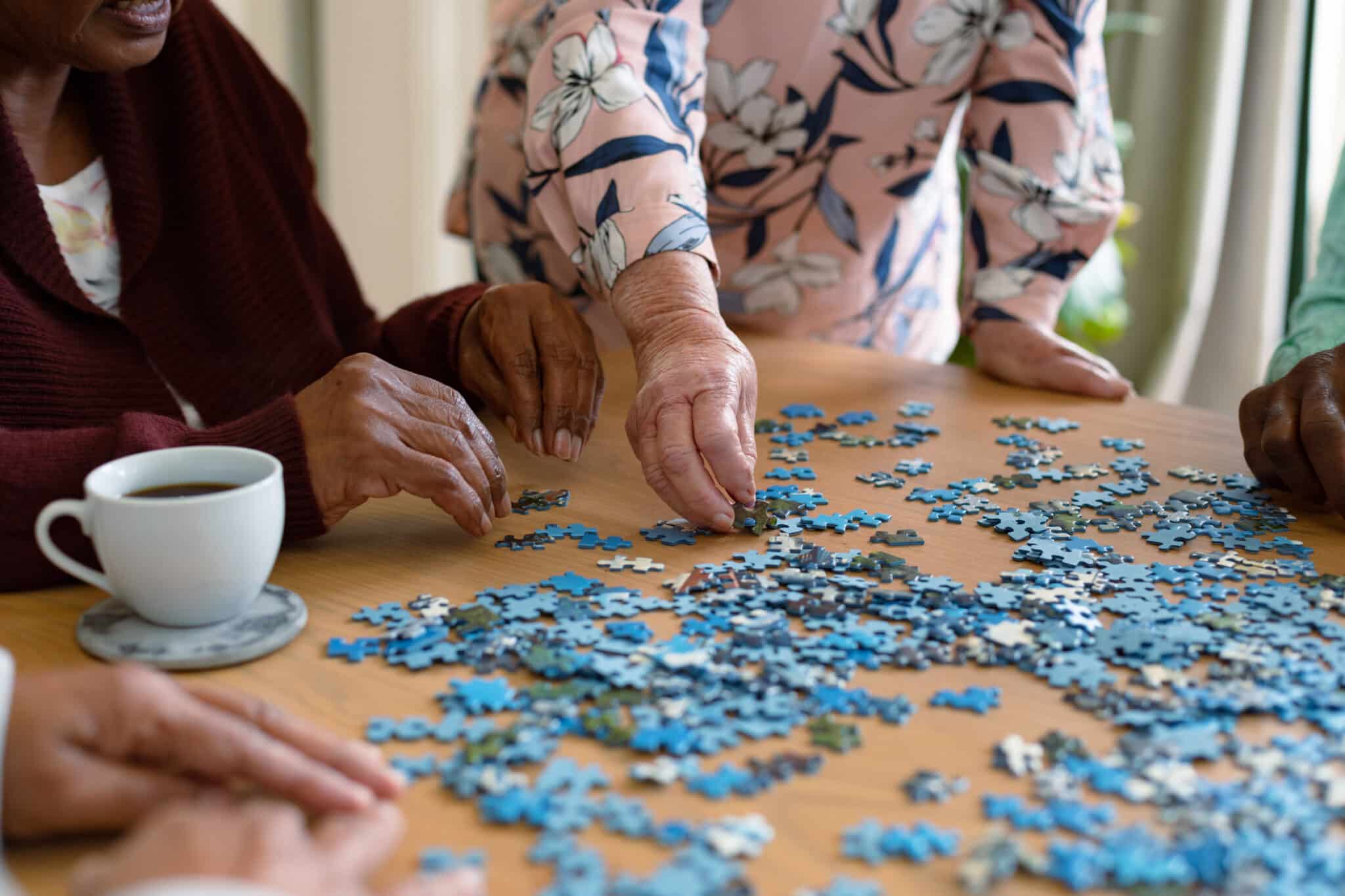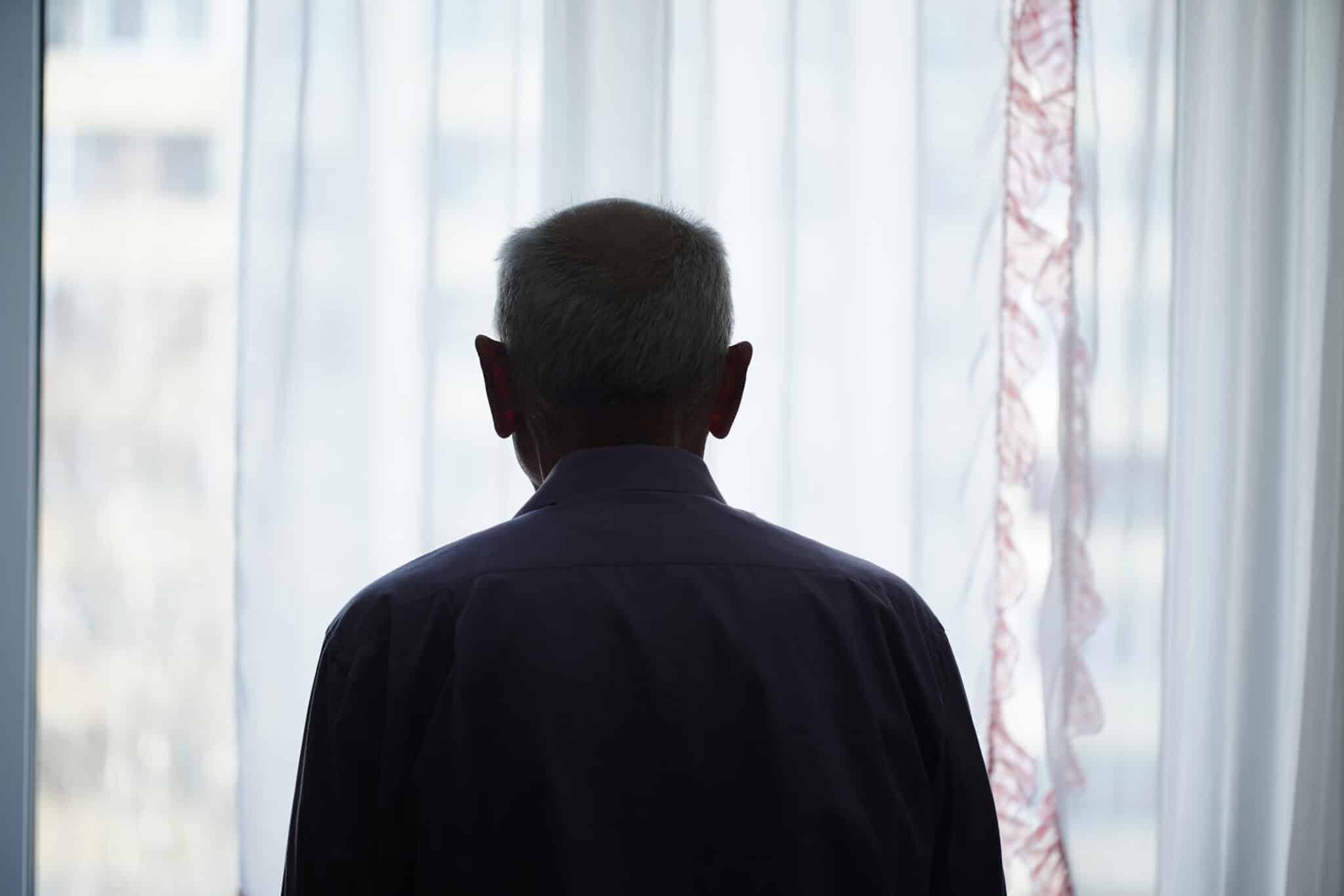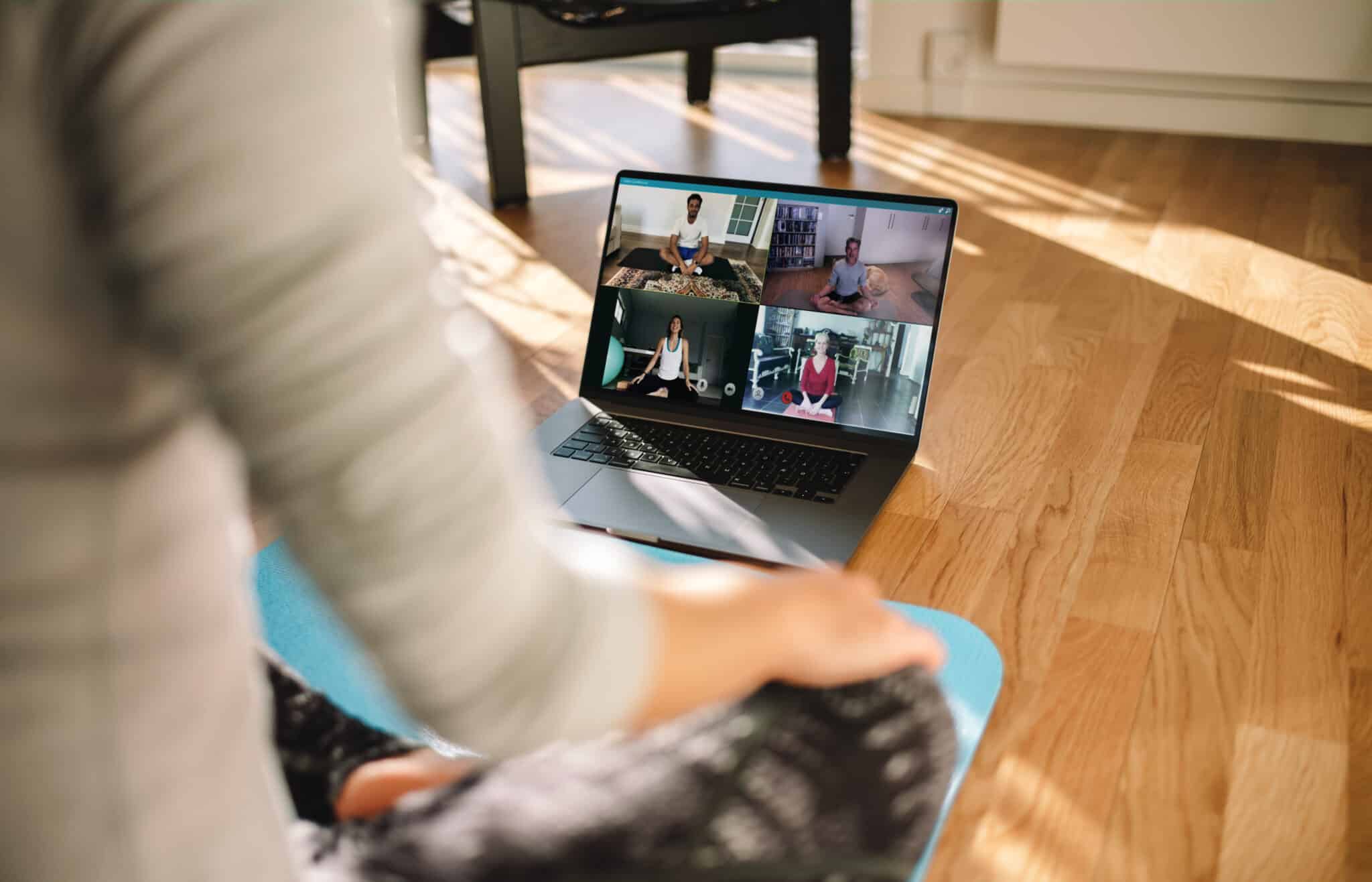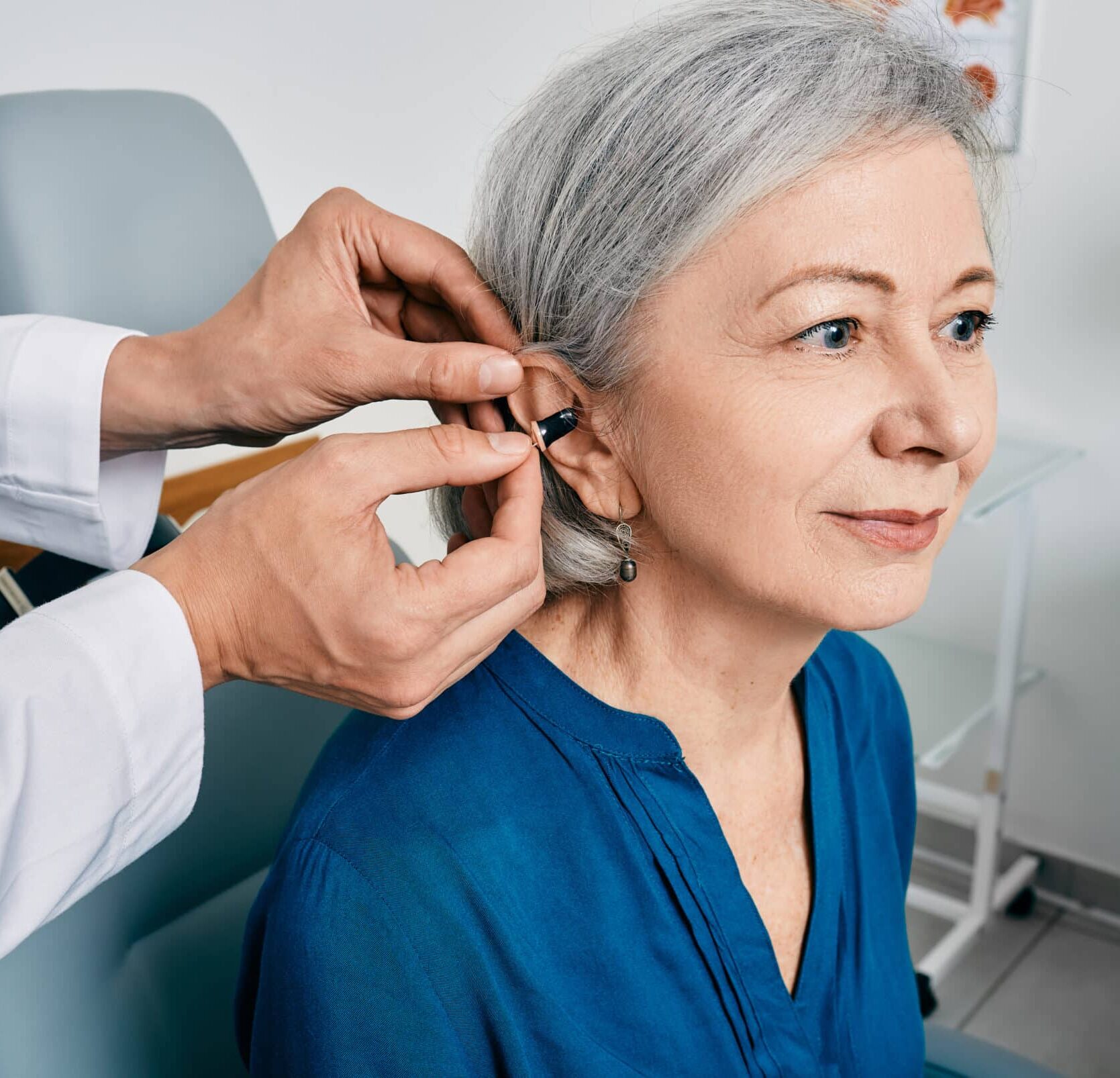What Is The Biggest Nursing-Home Abuse?
The biggest nursing-home abuse in the world involves neglect, dementia and depression.
The biggest nursing-home scandal is NOT caused by staff, by nurses, by doctors or by managers.
The biggest aged-care abuse occurs not at one nursing home, not at several nursing homes, but at EVERY nursing home. Worldwide.
And it happens every week, without fail.
It’s nobody’s fault but it’s everybody’s fault. But mostly, in most cases, it’s the family’s fault.
And the family doesn’t even realize it. They don’t know it’s even happening.
I can tell you that in the early 1900s up until the 1940s, the same abuse happened to infants. It took until the 1940s for people to realize that it was causing long-term mental health damage, with impacts also to physical health.
I’m talking about social isolation and loneliness. These are linked, in numerous medical studies, to poor sleep, high blood pressure, dementia, reducing functionality, depression and morbidity.
Worse than smoking
In fact, as a health risk, social isolation is worse than smoking. Would you deliberately expose your elderly parent to frequent cigarette smoke? Of course you wouldn’t. You’ve heard about the consequences, read about the studies and you believe the evidence.
Yet, it is allowed, even a social norm in many western countries, to leave seniors in an establishment with no physical or visual contact with family and friends, apart from (on average) once every week or two. It is a silent epidemic of nursing home abuse.
A research survey of an aged care home showed that HALF — yes, 50 percent — of residents have at least one symptom of depression. This is not uncommon.
And dementia… I don’t have to tell you that it’s a slow double death, but did you know that it’s now the second biggest killer (cause of death) of elderly? And the biggest among women? Yes that’s right, bigger than cancer or heart disease.
Social Isolation, Dementia and Depression – What to Do
Solution is in our face
Fortunately, recent OHSU research shows us a solution. A solution that has been staring us in the face.
In turns out that face-to-face contact is the answer! Face-to-face contact has been shown by Prof Alan Teo’s research in 2015 to reduce social isolation and halve depression risk. But the contact must be with family and friends (not staff or neighbours), and must be visual; the control group with phone calls showed no measurable difference. And it must be at least 3 times per week… again, those receiving only one contact per week showed no measurable improvement.
Dr Teo’s most recent study in late 2018 showed that Skype-based face-to-face contact ALSO reduces social isolation and depression. And therein lies the answer: Web-based face-to-face contact can help prevent what I’m naming as the biggest scandal in aged care: The lack of visits, by family and friends, of our older adults in aged care homes or living alone at home.
What the seniors say
Do seniors want to talk on Skype? ABSOLUTELY yes. A survey of residents at one nursing home showed that over 80 percent of seniors are willing to try video calling!
“BUT,” I hear you say, “there’s no way that most very old adults, over 80, could use an app such as Skype?”
Well, that used to be true. Nowadays there are easy-to-use seniors video phones such as the Konnekt Videophone, designed for older adults, and the Konnekt Disability Videophone designed specifically for those with an impairment such as hearing loss, dementia or a physical disability.
Not convinced of the benefit? This next study should seal it for you:
Prof Hiroko Dodge and the team at OHSU have been studying dementia for years. It’s well known that we need to keep our brains active, and it turns out that face-to-face conversation is an exceedingly superb form of mental exercise. This makes sense to me because, according to the experts, our brains developed largely to help us communicate socially: To hunt in coordinated groups, to raise children together, to forage for food with mental maps, to defend the tribe.
So in her study, the participants (average age 80) either had mild dementia / MCI or had none. BOTH groups experienced measurable improvement to their cognitive ability after just 6 weeks of daily 30-minute video calling! See Prevent Dementia for a link to the study and a summary.
National Health imperative
The study was so successful that two new 5-year studies have been funded by National Health, and are underway, to quantify the long-term benefits. The discussion is around using video conversation as a preventative measure and as a treatment for dementia.
My own mother is no longer around but I wish I’d known this then, I wish the study results had already been available, and I wish that today’s easy-to-use seniors video phones had existed. (My Mum was beyond learning to use a simple tablet… too hard).
So in summary, the biggest nursing-home abuse is the worldwide neglect, by busy families, that is socially acceptable… the neglect of Social Isolation and loneliness, linked by multiple studies to depression and dementia, linked as well to many other mental and physical illnesses, and worse as a health risk than even smoking.
But just as infant social isolation was studied and generally banned in the 1940s, just as cigarette smoking was proven to cause lung cancer in the 1950s and 60s, I believe we are now on a cusp… on the edge… on the verge of accepting this PROFOUNDLY IMPORTANT research by Prof Teo and Prof Dodge. We are just starting the process of publicizing the conclusions and recommendations, integrating them into our preventative techniques and treatments, and making it the norm to give our elderly parents the ability to see us face-to-face frequently, regardless of their learning difficulties and regardless of the tyranny of distance.
Act now
Anecdotally, the families I’m working with, who have given their elderly parents a seniors video phone, are delighted with the results.
But don’t take my word for it. Go read the studies, read what the families are saying and make your own decision for your elderly parent or grandparent.
Konnekt Videophone: Ask about a 30-day trial.


